The US has frankly admitted that it does not have the industrial base to meet its strategic weapons obligations and goals in the current context. Therefore, the "fulcrum" to share this concern of Washington is none other than its close allies and partners with similar interests.
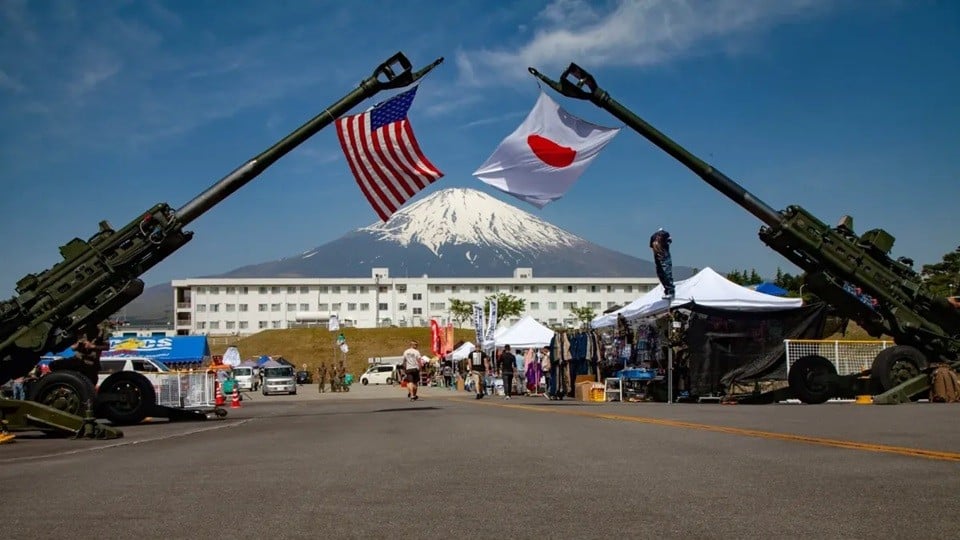 |
| The United States and Japan are developing a defense cooperation model that will expand production of the Patriot air defense system in Japan, jointly develop future training aircraft, and expand maintenance of U.S. Navy ships. (Source: RAND) |
Frank admission
Nikkei Asia website recently published an interview with US Ambassador to Japan Rahm Emanuel assessing US-Japan defense cooperation and stating that the upcoming cooperation in weapons development, production and maintenance between the US and Japan could be applied to other countries.
Just ahead of the opening meeting of the Defense Industry Cooperation, Acquisition and Sustainability Forum (DICAS) held in Tokyo next week, Ambassador Emanuel affirmed that Japan has many manufacturing, engineering and industrial potentials.
DICAS was announced at a meeting between US President Joe Biden and Japanese Prime Minister Kishida Fumio in April to expand production of Patriot air defense systems in Japan, jointly develop future training aircraft and expand maintenance of US Navy ships at private shipyards in Japan.This is an additional source of effort for the US defense industrial base, which is struggling to meet high demand.
Labor shortages and a lack of experienced engineers have made it difficult to expand production in the US, allowing China to take advantage and expand its lead in the number of warships.
Commenting on the current state of arms production in the US, Ambassador Emanuel said: “Frankly, we do not have the industrial base to meet our strategic obligations and goals.”
Under pressure to provide ammunition and equipment to Ukraine and the Middle East, the US defense industrial base “is clearly under strain,” the US ambassador said. “And we have to think differently, do differently, and apply a different level of urgency. Japan is a big partner in that solution.”
"Fulcrum" is allies and partners
DICAS held a preparatory meeting on June 9 and a roundtable with representatives of the Japanese and US defense industries on June 10. Then, on June 11, officials from both sides held the first DICAS working group, focusing on the ship repair sector.
Notably, DICAS took place “exactly two months after Prime Minister Kishida Fumio’s state visit to the United States.
Speaking about this cooperation between the US and Japan, Ambassador Emanuel emphasized, “We are ready to implement it. Not only to save costs but also to save time. What can we produce together? What can we develop together? It is an acknowledgement that the US and an ally can play an important role in strengthening deterrence.”
However, Ambassador Emanuel did not name any potential allied countries or partners for similar cooperation.
In 2023, the United States Studies Center at the University of Sydney (Australia) published a report proposing that partners in the Quad (QUAD) group including the US, Japan, India and Australia prepare maritime logistics to be ready to refuel, rearm, resupply, repair and restore operations of their respective naval vessels at each other's shipyards in a short time.
Ambassador Emanuel said there is a possibility that the US, Japan and Australia will jointly design ships and aircraft and jointly produce them in the future.
Emanuel cited recent coordination between Israel and the U.S. Central Command (CENTCOM), which downed 99 percent of the 300 missiles fired by Iran in mid-April. The U.S. has even conducted more intensive training with its Indo-Pacific partners.
According to Japan’s Ministry of Economy, Trade and Industry (METI), an aircraft typically requires 3 million parts, while a missile requires about 1 million. To maintain military superiority over rivals like China and Russia, the US needs a robust supply chain.
With the defense industry operating at full capacity, the United States will tap more resources from defense contractors in Japan and other allies and partners in the Indo-Pacific region.
Source: https://baoquocte.vn/noi-lo-thieu-vu-khi-tram-trong-buoc-my-phai-nghi-khac-lam-khac-274562.html


![[Photo] Prime Minister Pham Minh Chinh receives delegation from the US-China Economic and Security Review Commission of the US Congress](https://vphoto.vietnam.vn/thumb/1200x675/vietnam/resource/IMAGE/2025/5/7/ff6eff0ccbbd4b1796724cb05110feb0)


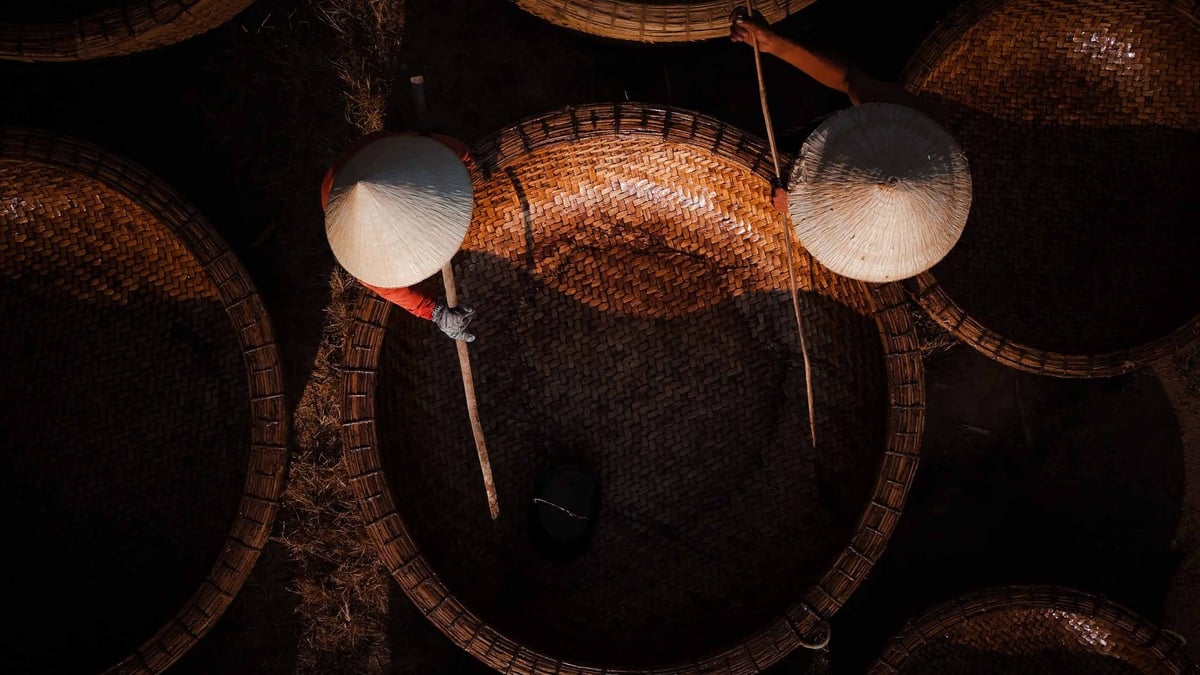



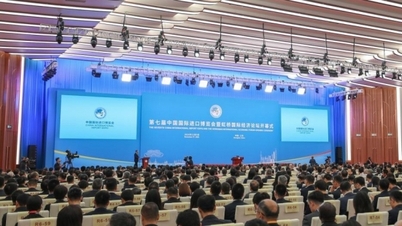
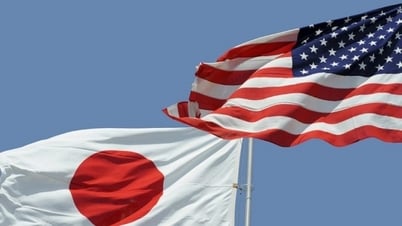
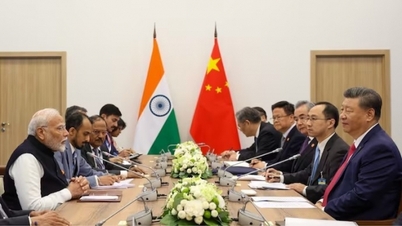


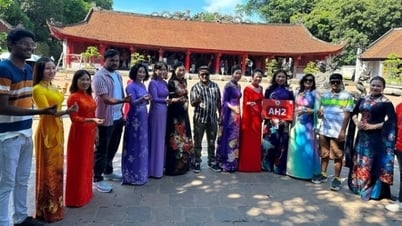

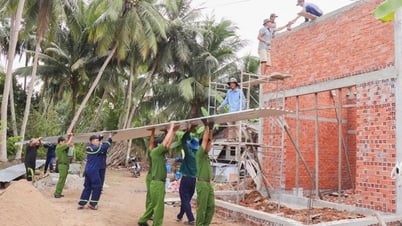
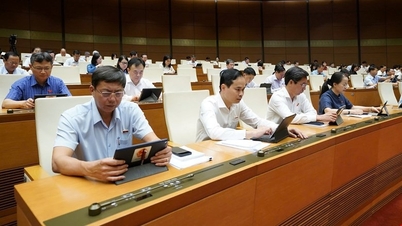
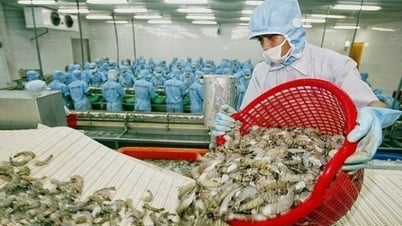
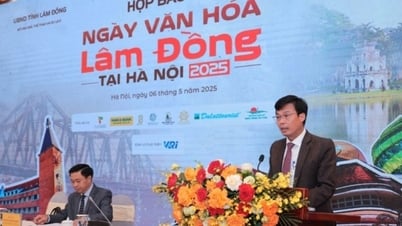




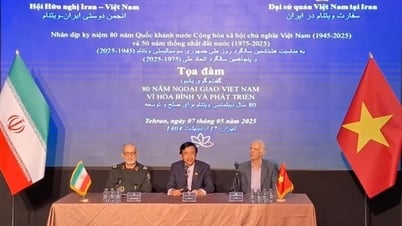


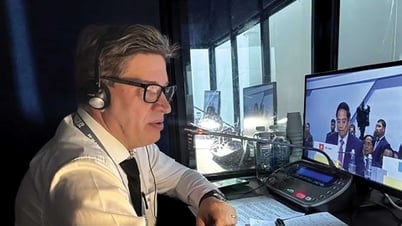
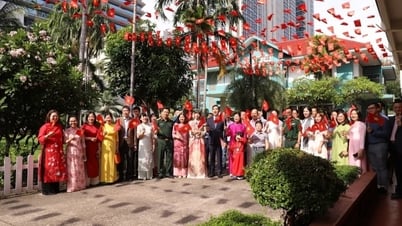

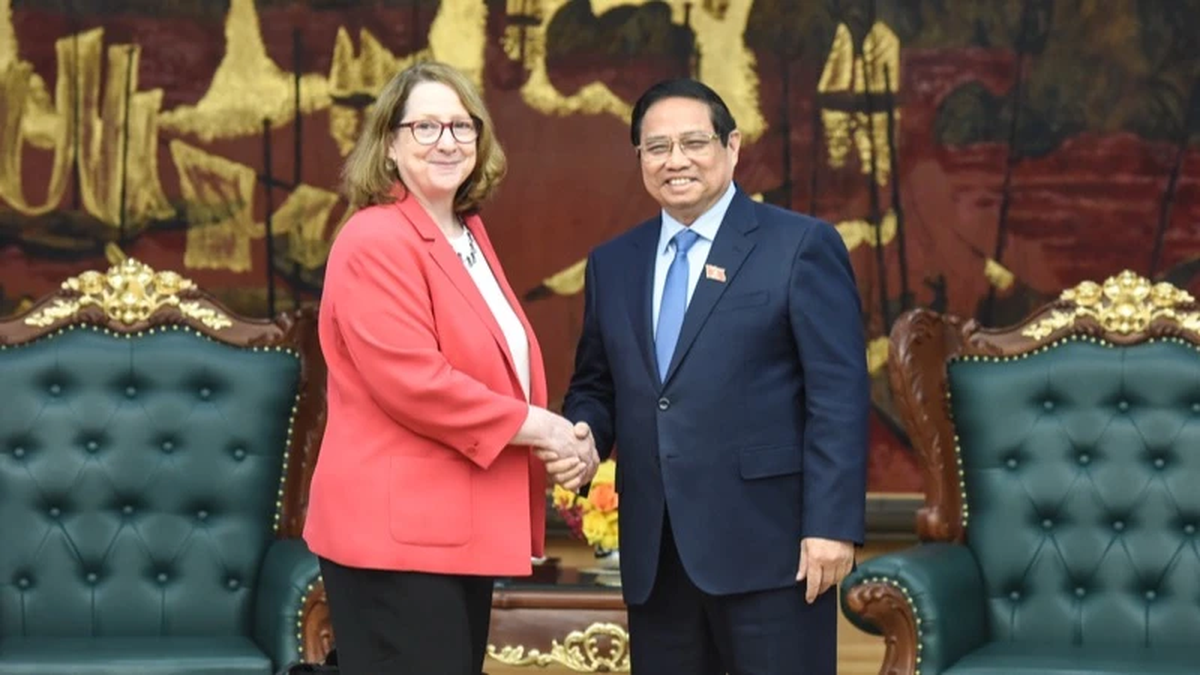


















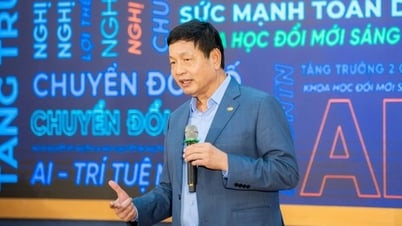


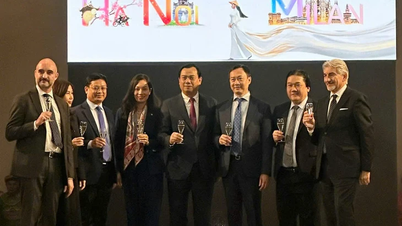

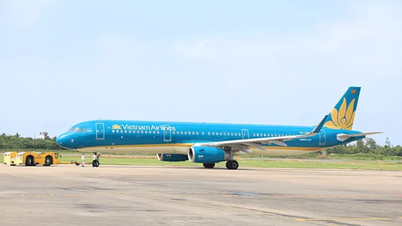




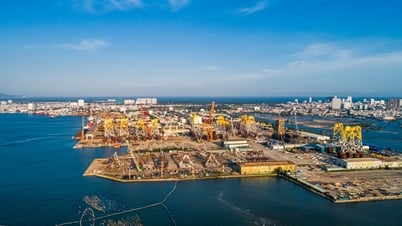


![[Photo] Prime Minister Pham Minh Chinh talks on the phone with Singaporean Prime Minister Lawrence Wong](https://vphoto.vietnam.vn/thumb/402x226/vietnam/resource/IMAGE/2025/5/8/e2eab082d9bc4fc4a360b28fa0ab94de)


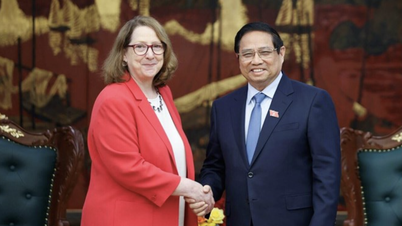

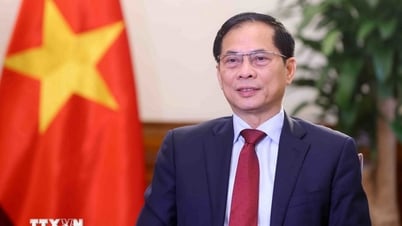



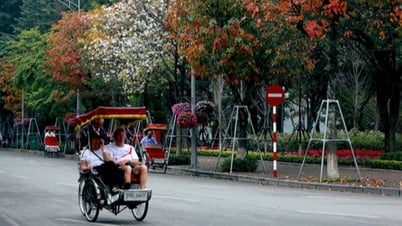
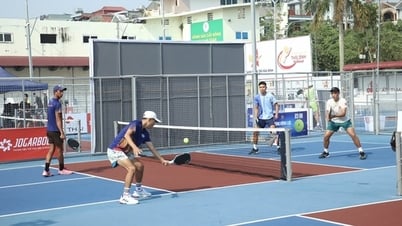

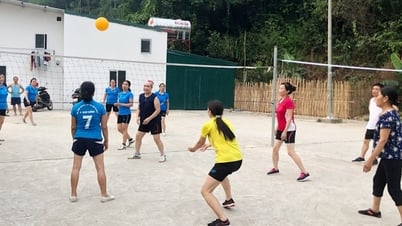
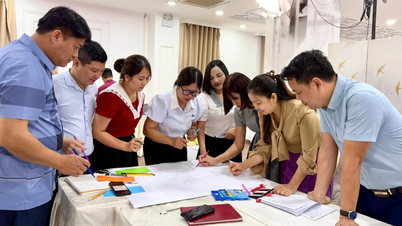



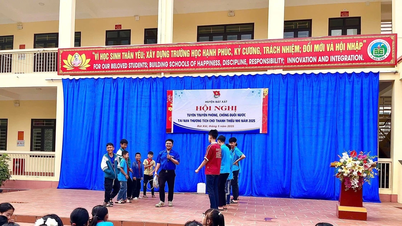




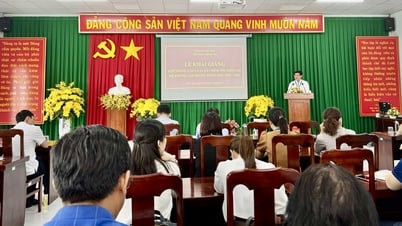




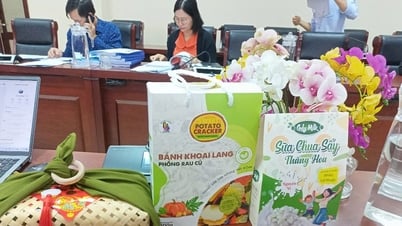




Comment (0)